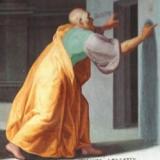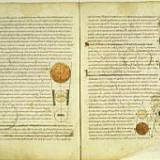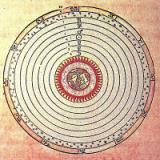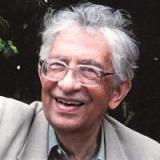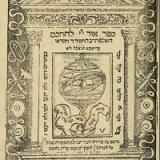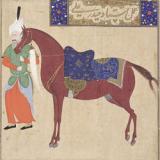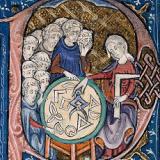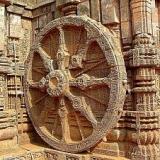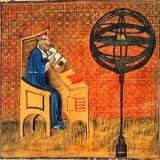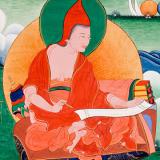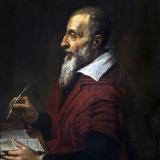Time
Posted on
The paradoxes of Zeno and the arguments of Melissus develop the ideas of Parmenides and defend his Eleatic monism.
Posted on
Peter looks at Plato's Timaeus, focusing on the divine craftsman or demiurge, the receptacle, and the geometrical atomism of Plato's elemental theory.
Posted on
Before Isaac Newton (and Olivia Newton John), there was Aristotle. Peter looks at his Physics, focusing on the notions of actuality and potentiality and how they help to explain such concepts as time and motion.
Posted on
Peter talks to Sir Richard Sorabji about Aristotle's physics, focusing on the definition of time and the eternity of the universe.
Posted on
The doctor and philosopher Abū Bakr al-Rāzī sets out a daring philosophical theory involving five eternal principles: God, soul, matter, time and place.
Posted on
Ḥasdai Crescas shows Aristotelian physics who’s boss, by defending alternative conceptions of time, place and infinity.
Posted on
The hugely influential Fakhr al-Dīn al-Rāzī weaves Avicenna and Islamic theology into complex dialectical treatments of time, God, the soul, and ethics.
Posted on
Philosophy in Safavid Iran, and a look back at earlier philosophy among Shiites.
Posted on
Richard Rufus and anonymous commentators on Aristotle explore the nature of motion, time, infinity and space.
Posted on
Ancient Indian cosmology and the Vaiśeṣika defense of the reality of time and space.
Posted on
Scotus, Ockham, and Bradwardine ask how we can be free if God knows and chooses the things we will do in the future.
Posted on
Bradwardine and other thinkers based at Oxford make breakthroughs in physics by applying mathematics to motion.
Posted on
Vasubandhu’s path to Yogācāra Buddhism, a form of idealism which holds that nothing can be mind-independent.
Posted on
John Mbiti’s influential and controversial claim that traditional Africans experience time as having “a long past, a present, and virtually no future.”
Posted on
Cassandra Fedele, Isotta Nogarola, and Laura Cereta seek fame and glory through eloquence and learning.
Posted on
Joseph Scaliger, Isaac Casaubon, and Guillaume du Vair grapple with history and the events of their own day.

